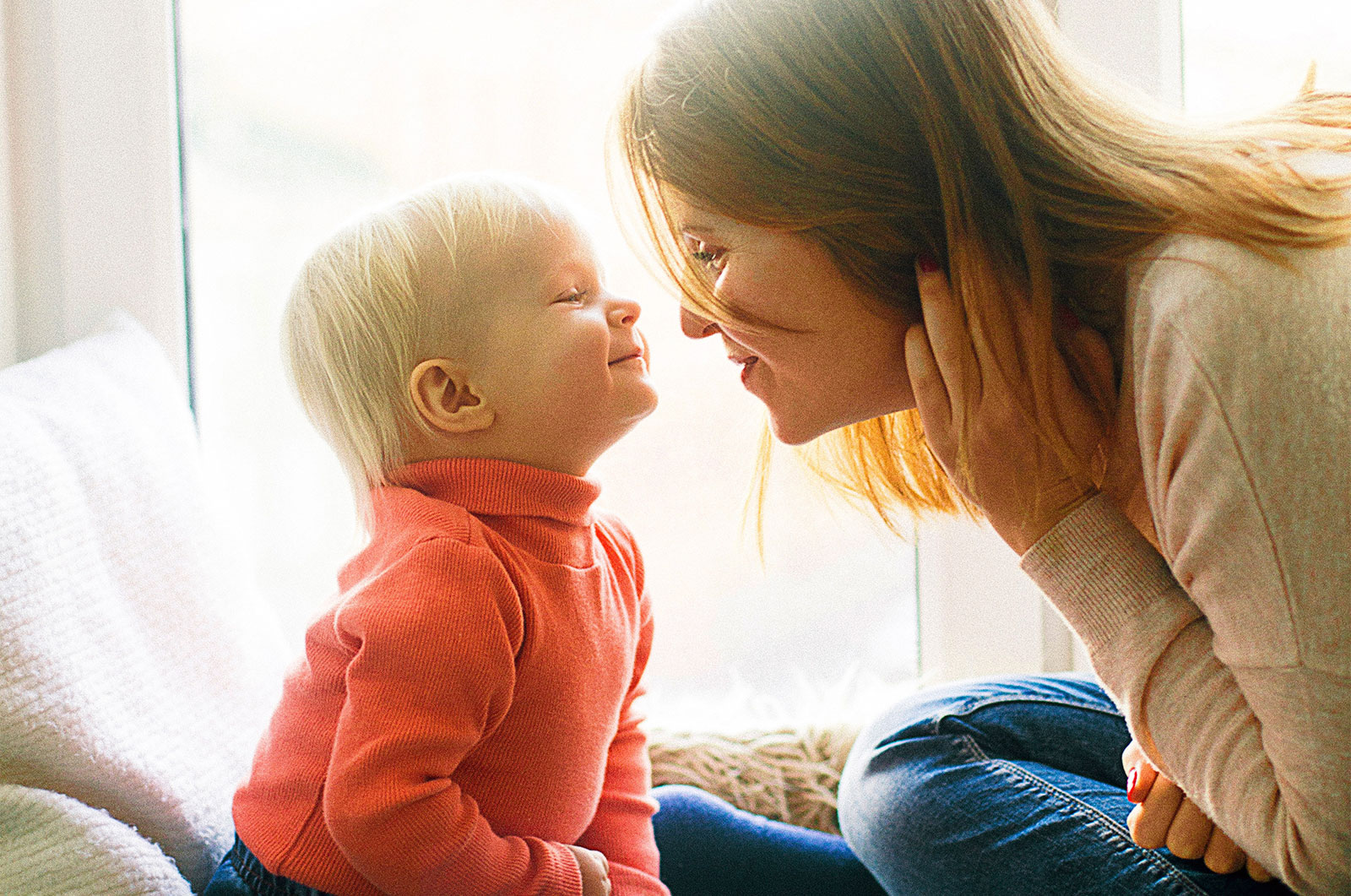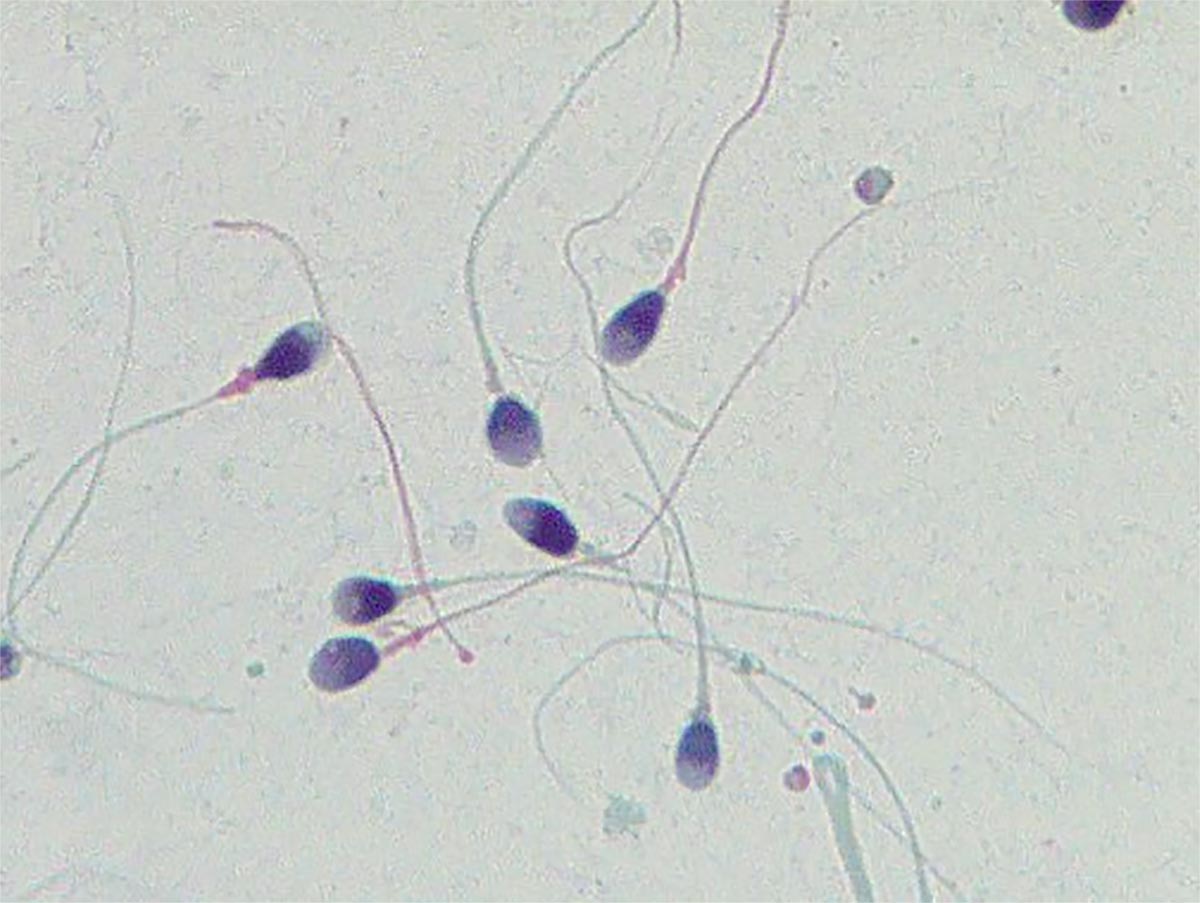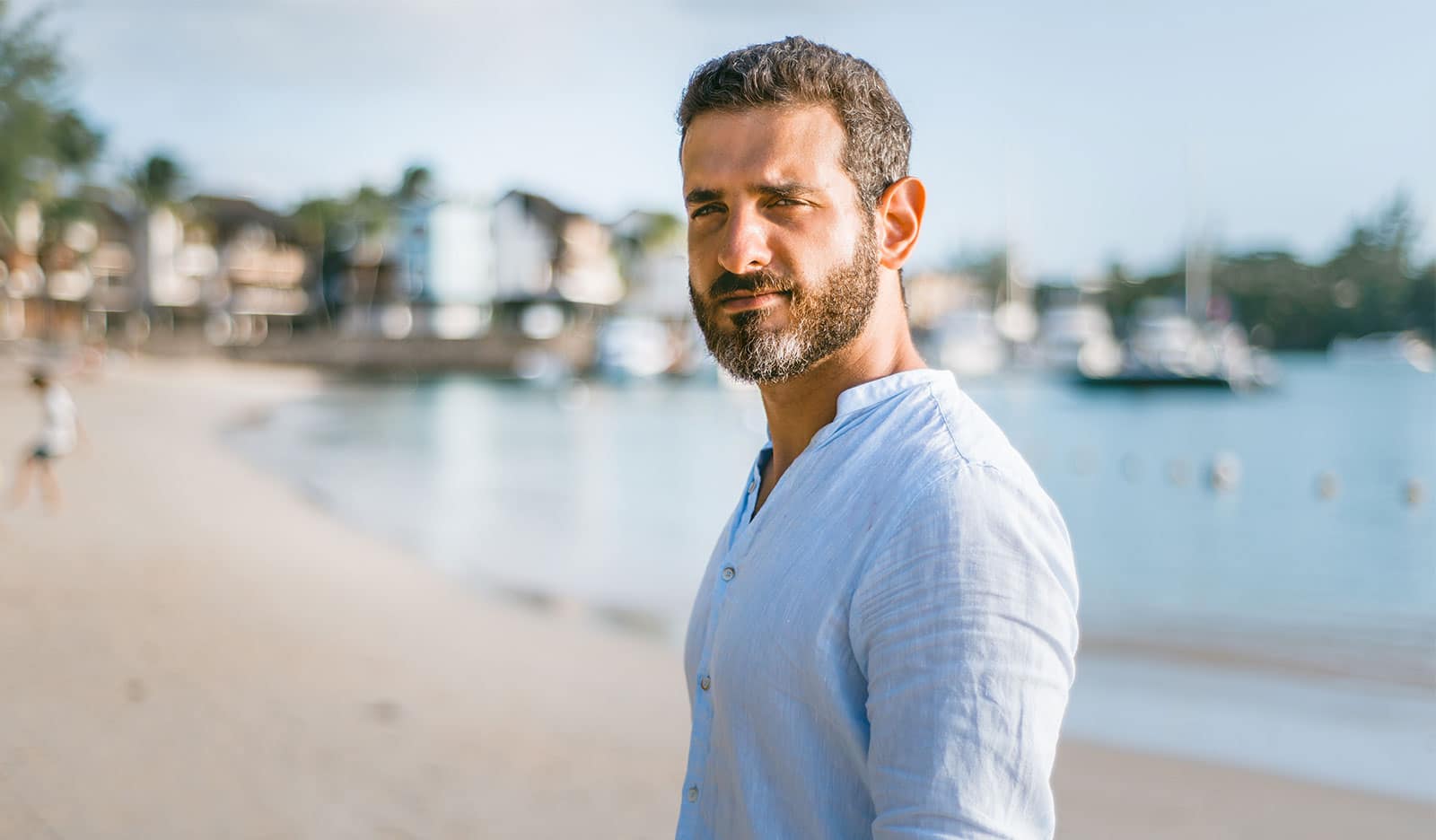
Is there a link between ART-conceived children and increased risk of cancer?
Is there a risk of cancer in children and young adults conceived by assisted reproductive technology? Some very reassuring results have been

Is there a risk of cancer in children and young adults conceived by assisted reproductive technology? Some very reassuring results have been

There have been many studies that have revealed the factors that can affect a man’s sperm, whether it be the count, the

Researchers have revealed sperm in mammals has evolved to give them the strength and stability needed to help break through the thick

A new study has delved deeper into male infertility and suggests that part of the issue could lie within the sperm’s journey

Statistics have shown that many women are waiting longer to start a family, whether due to personal decisions, work commitments, or something

It is recommended that before you begin your fertility treatment, achieving a healthy weight would be highly beneficial.

We see the female biological clock mentioned constantly when looking at fertility treatment and female infertility, but what about the males?

You may not realise it, but excess weight has been linked to fertility problems in both men and women.

No, donors do not receive any payments other than those associated with travel to and from the site of donation.
Every story written here comes from Fertility First's Research Team, a group of scientists that doesn't just talk about the science behind fertility and reproduction, it lives and breathes it. Staffed by the doctors and scientists working behind the scenes at Fertility First, this team of dedicated embryologists, andrologists, and fertility experts collectively has over 40 years experience in the field.
Yes, chronic stress can impact fertility by disrupting hormonal balance and ovulation patterns. Managing stress through relaxation techniques, regular exercise, adequate sleep, and mindfulness practices may help optimise your chances of conception. Consider speaking with a counsellor if stress feels overwhelming.
Sperm health accounts for about 40% of conception challenges. Your partner can improve sperm health by maintaining a healthy weight, avoiding excessive heat exposure (hot tubs, saunas, tight clothing), limiting alcohol, quitting smoking, managing stress, and taking a multivitamin with antioxidants. Sperm takes about 3 months to develop, so lifestyle changes need time to show results.
Your fertile window typically spans 5-6 days, ending on ovulation day. For a regular 28-day cycle, this usually falls between days 10-15, with peak fertility 1-2 days before ovulation. Track your cycle using ovulation predictor kits, basal body temperature, or cervical mucus changes to identify your unique pattern. Having intercourse every 1-2 days during this window optimises your chances.